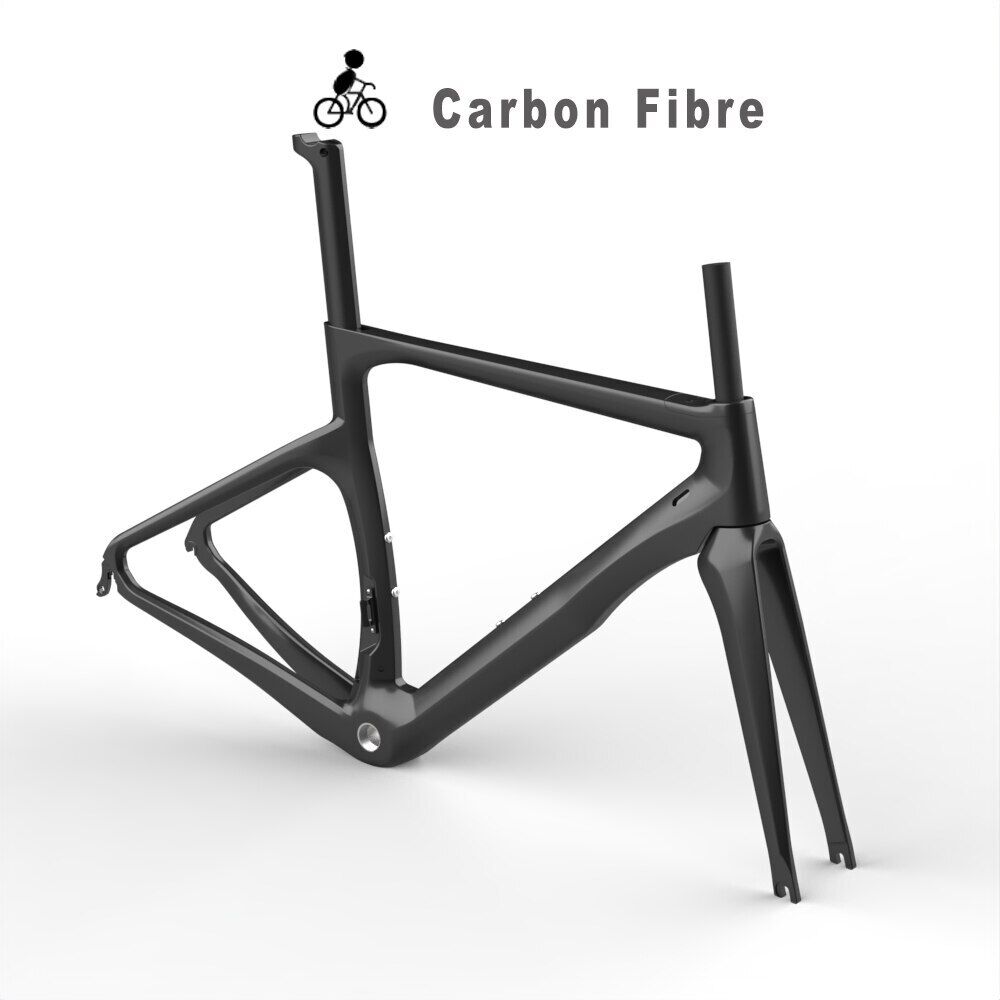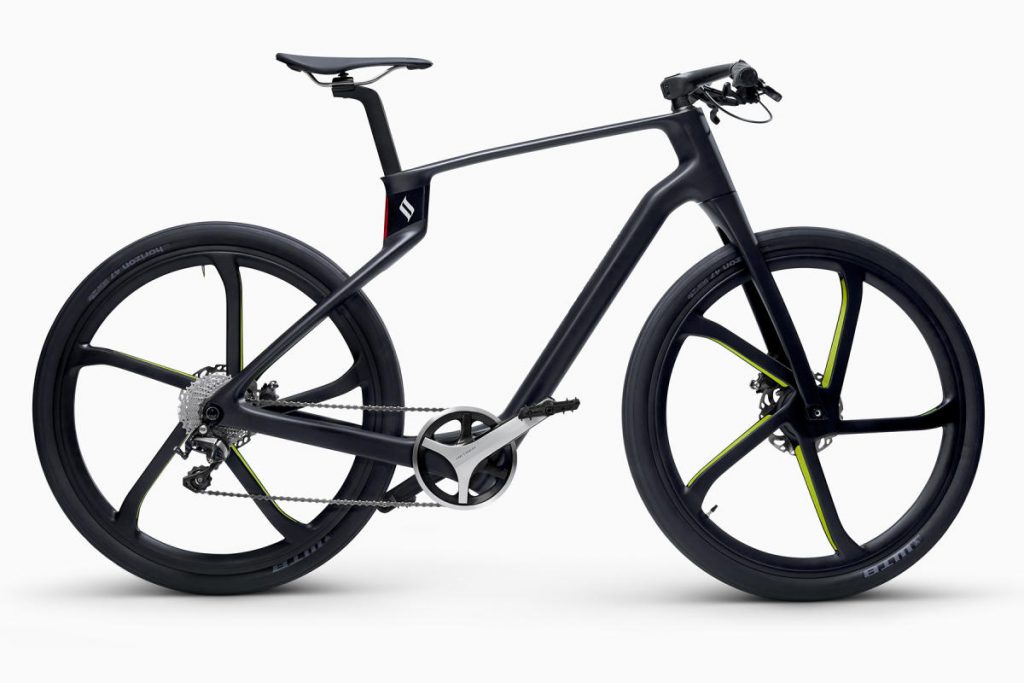CHINLON MODAL MULBERRY SILK BLENDED YARN
1431CHINLON MODAL MULBERRY SILK BLENDED YARN
View detailsSearch the whole station
Extreme collision and iterative upgrade. Delicate and tough fiber bears the exploration and innovation of fiber practitioners.Benefited from the cross of fiber boundary,breakthrough of limit, perfect fusion with the extreme, and the collisions to gain endless possibilities and
amazing charm, each strand shows exquisite skills and ingenuity to realizie hard core protection. Fiber hasbecome more and more lighter, stronger, tougher and resistant to high temperature,
facilitating its use in anti-cutting clothing, shoematerials, fire-fightingclothing, flight clothing,military equipment, urban light box cloth, fluedust removal, wind power blades, aerospace and
other fields. Fiber shows its best accompanying in extreme details and high value in extreme environments.
FIBER EXTREME UPGRADE
INDUSTRIALFIBER
Industrial fiber, creating a new model with hardcore strength. Fluorine-free anti-wicking polyester industrial yarn effectively solves the problems of product appearance deterioration and mould, caused by siphonic effect, awakening the colorfulness of cities.35K polyacrylonitrile and high fatigue resistance.With the outstanding advantages of low manufacturing cost and light weight, it facilitates the upgrading of wind turbine blades and aerospace products.
35K Polyacrylonitrile carbon fiber
Recommendation Reasons
35K carbon fiber has high strength, high modulus, and high fatigue
resistance. With the advantages of low manufacturing cost and light
weight, it facilitates the upgrading of wind blades and aerospace products.
Processing Technology
Acrylonitrile is used for continuous polymerization, and then DMAc is used as polymer dissolving solvent. The two-step wet spinning method is used to produce 35K polyacrylonitrile precursor fiber. Afterwards, such processes as pre-oxidation pretreatment, low-temperature-high-
temperature carbonization, and deep homogeneous surface treatment are performed to produce 35K polyacrylonitrile carbon fiber.

Main Specifications
Filaments: 35K
Standards and Certifications
PAN-based carbon fiber(GB/T-26752-2020)
PAN-based carbon fiber large-tow precursor (FZ/T 54130-2021)
PAN-based carbon fiber precursors(FZ/T 54065-2012)
Fiber Performance and Product Features
.With high strength, high modulus and other excellent properties
. Light weight and low manufacturing cost
| Specifications | Tensile strength(MPa) | Tensile strength CV(%) | Tensile modulus (GPa) | Tensile modulus CV(%) |
| 35K | 4550 | 2.45 | 235~255 | 2.55 |
| Elongation at break (%) | Elongation at break CV(%) | Carbon content (%) | Thread density(mg/m) | Volume density (g/cm) |
| 1.69 | 3.50 | 2097 | 1.781 |
The downstream application guidance
Weaving: Can be used in woven fabrics, as well as the fields of preimpregnation and winding.
Storage: Carbon precursor fiber should be stored in a dry and well-ventilated warehouse without direct sunlight, avoiding contact with sharp objects or metal objects.
Post-finishing: It is recommended to use epoxy resin for compounding.
Characteristics of Fiber and Product
Main Specifications
Filaments: 35K
Standards and Certifications
PAN-based carbon fiber(GB/T-26752-2020)
PAN-based carbon fiber large-tow precursor (FZ/T 54130-2021)
PAN-based carbon fiber precursors(FZ/T 54065-2012)
Fiber Performance and Product Features
·With high strength, high modulus and other excellent properties
· Light weight and low manufacturing cost
| Specifications | Tensile strength(MPa) | Tensile strength CV(%) | Tensile modulus (GPa) | Tensile modulus CV(%) |
| 35K | 4550 | 2.45 | 235-255 | 2.55 |
| Elongation at break (%) | Elongation at break CV(%) | Carbon content (%) | Thread density(mg/m) | Volume density (g/cm) |
| 1.69 | 3.50 | 2097 | 1.781 |
The downstream application guidance
Weaving: Can be used in woven fabrics, as well as the fields of preimpregnation and winding.
Storage: Carbon precursor fiber should be stored in a dry and well-ventilated warehouse without direct sunlight, avoiding contact with sharp objects or metal objects.
Post-finishing: It is recommended to use epoxy resin for compounding.
Fiber Application
Industrial textiles:Automotive interior,Sporting goods,Military textiles,Aerospace,Outdoor products,Building enhancement,Bicycle,Wind blade
Q: Carbon fibers are widely used in civil and industrial fields. Do you what are they?
A:With the development of large tow carbon fiber industry, the demand for
carbon fibers is also increasing in the fields of leisure sports, aerospace, wind power generation, and automobile lightweight. In the field of leisure sports,carbon fibers are mainly used to manufacture high-end bicycles, golf clubs,fishing rods and other products; in the field of aerospace, carbon fibers are mainly used to manufacture aircrafts, satellites and other high-end products;in the field of wind blades, carbon fibers are mainly used to manufacture large-scale wind blades in order to improve the performance and service life of the wind power equipment; in the field of the automobile industry, carbon fibers are mainly used to manufacture lightweight automobile parts, such as frames, bodies, etc., in order to improve the performance and comfort of theautomobile.





AIR- JET VORTEX SPUN PET FIBER MONO-FIBER YARN
View detailsGRAPHENE ACRYLIC FIBER MULTI-COMPONENT TAIDING TECHNOLOGY BLENDED YARN
View details
HelloPlease log in